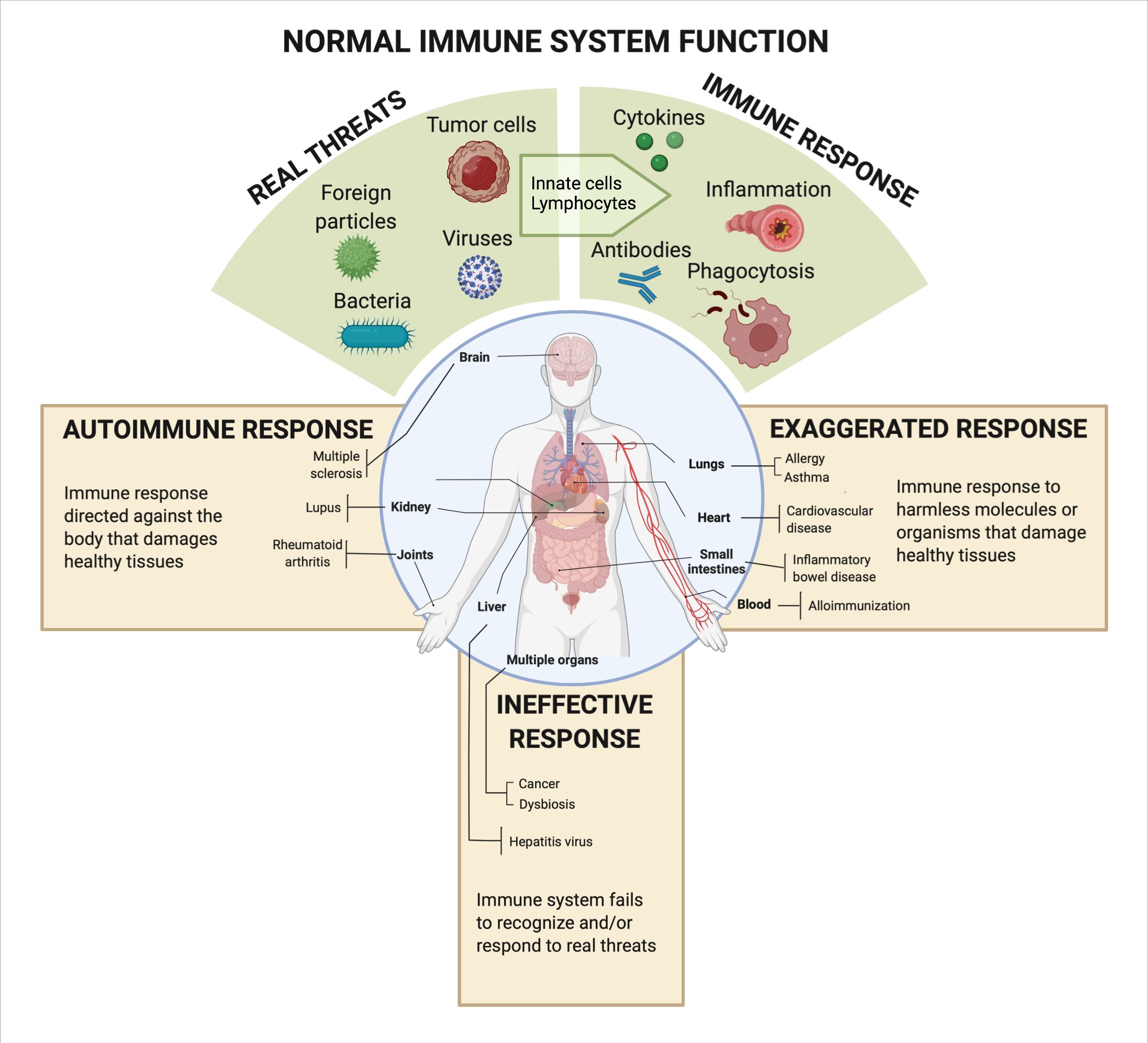Immunology is the study of the human body’s built-in defense mechanisms against invasion by microorganisms, which collectively form the immune system. The immune system is made up of organs, cells, and molecules that protect the body from foreign invaders such as viruses, bacteria, and parasites that cause infection and disease. When the immune system is defective, it can fail to protect against even minor infections, or result in attacking the body’s own healthy tissue, and prove fatal. The immune system can also over-react to harmless environmental compounds leading to hypersensitivity.
Carter Immunology Center (CIC) investigators conduct cutting-edge research to better understand how the immune system functions to protect against infection and cancer, and how dysfunction of the immune system leads to chronic inflammatory diseases including asthma, allergy, autoimmunity, and cardiovascular disease. Our investigators use a variety of animal and human model systems to answer fundamental questions in immunology:
- What processes control the development and function of the innate and adaptive immune response?
- What signals are activated in the immune system by viruses, bacteria, parasites, and tumors? How do these signals determine the quality and function of the immune response?
- Why is the immune system unable to control certain pathogens and tumors? What can we do to augment immune control?
- How does the immune system maintain tolerance to the body’s own tissue to prevent autoimmune disease?
- Why is an immune response triggered to harmless non-self molecules from other humans in transfusion and transplantation?
- How does the immune system over-react to harmless compounds leading to asthma and allergy?
- What are the mechanisms underlying chronic inflammation that are involved in cardiovascular diseases such as atherosclerosis?
- How do commensal microbes influence the immune response to tumors?

